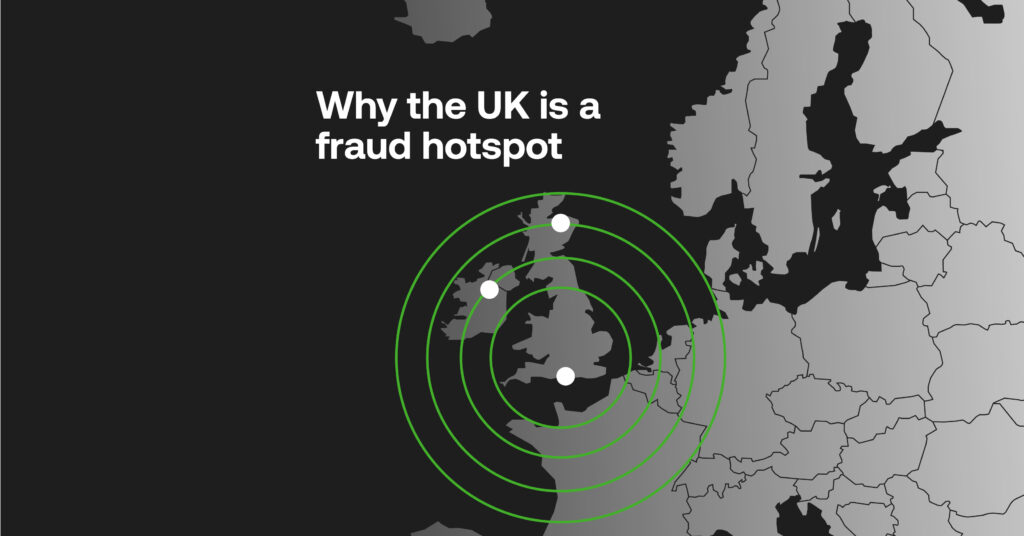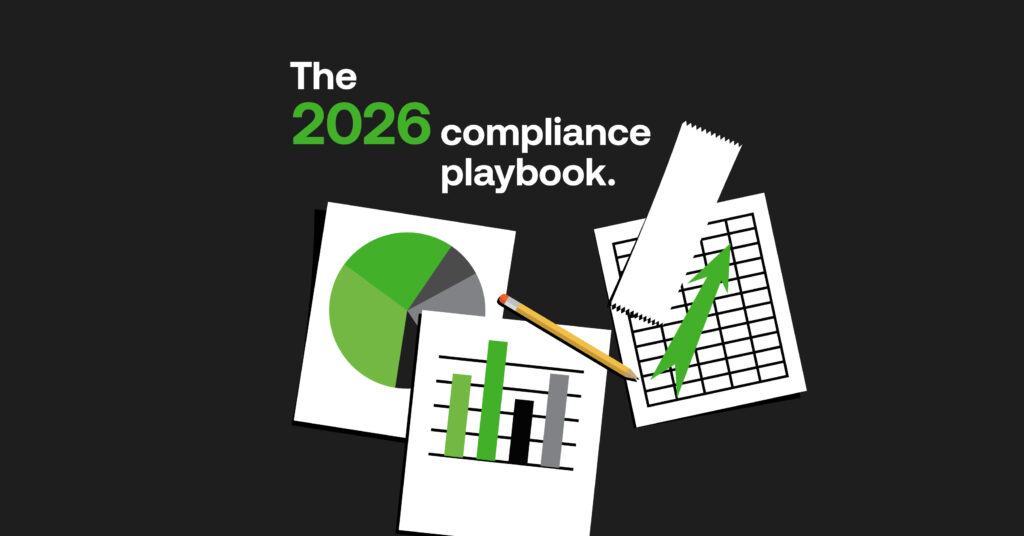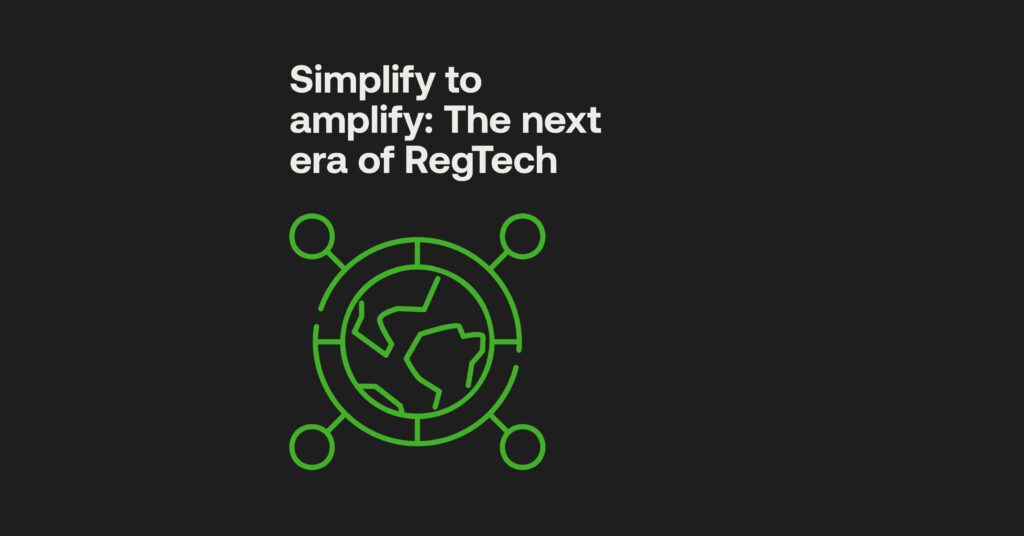AML
Spend review time wisely using smart AML transaction monitoring
With AI analysing billions of complex transactions in minutes and flagging suspicious behaviours, focus on the alerts that matter for airtight compliance.
Arrange a demoDecrease manual review time by 40%
Reduce false positives by 60%
Enhance detection of suspicious activities by 35%

Next-level monitoring: a human and machine hybrid
2-5% of global GDP is laundered annually, criminal risks are escalating, and legacy systems and hand-on analysts are expected to complete the impossible: spot strange behaviours within millions of transactions, from bank transfers to cross-border payments, to appease the regulator.
Human-set rules and deep analysis for complex risk cases is still highly valuable, strengthened using AI algorithms to constantly track, analyse and flag anomalous transactions from swathes of historical data. This automation lowers time-draining administrative tasks, accurately closes low-risk alerts, and removes the worry of false positives that can arise from human error.
The clues of dirty money hide in the patterns. With RelyComply’s integrated transaction monitoring for AML compliance, detecting crime and speeding up risk reporting can make the financial world a safer place to do business.
A transaction monitoring solution that grows with you
Effortless scalability for high-volume activity
RelyComply’s flexible platform can automatically adjust and scale to larger resource demands, or sudden or heightened volumes of transactional activity, regardless of industry regulations.
Use AI to build 360° risk profiles
By contextualising the characteristics of funds, predicting future user behaviours, and indexing data, RelyComply can help construct accurate profiles for high-risk individuals or businesses ready for suspicious transaction reporting (STRs).
Forget about multiple false positives
With compliance experts tailoring rules for automated technology to follow, high-value high-volume transactions are handled, while deeper analysis of complex cases is left for analysts to review to cut out financial crime fast.
A greater user experience
Rules-based approaches to spotting patterns were rigid; using a risk-based format within RelyComply’s one customer view can remove low value risks for a more efficient way to handle AML compliance.
Single, Consolidated AML Platform.
Limited data coverage blighted traditional transaction monitoring, but RelyComply can analyse multiple data formats, across different contexts, and immediately adapt to user-set thresholds according to client usage.
Get started with RelyComply
Get the AI advantage
Automate the continuous monitoring of transactions, including in batches, all in real-time.
Integrate easily
Link with the GraphQL API and slot powerful 24/7 monitoring into your end-to-end AML platform.
Navigate simply
Tune your lists, screening and matching workflows for a precise multi-tiered reviewing process.
Advance your capabilities
Mix rule-based thresholds with supervised or unsupervised machine learning for advanced anomaly detection.
Reduce inefficiencies
Focus your efforts on STR reporting, and lower compliance costs by up to 30%.
Discover AI in action: solving the fincrime surge with transaction monitoring
Artificial intelligence has made many headlines. But its undeniable role in monitoring historical transactions for suspicious anomalies is a little less documented.
Get the white paperQuick AML insights
Why financial crime in the UK makes the nation a prime target
Delving into the newfound ways that a mature, diverse and developed financial ecosystem is perpetually exploited to boost financial crime in the UK.
Discover 2026 compliance trends
Examining strategic priorities for innovative RegTech capabilities in 2026, from building quantified compliance risk to utilising AI systems.
How to reintegrate your AML tech stack for success
Why 2026 demands a ‘less is more’ approach The AML tech stack has become a crutch for financial leaders. While the RegTech boom was reaching fever pitch, buying up disparate, single-function services felt essential for transforming compliance for good, almost fashionable. Fast forward a few years and the stack built from these point solutions has … Continued


